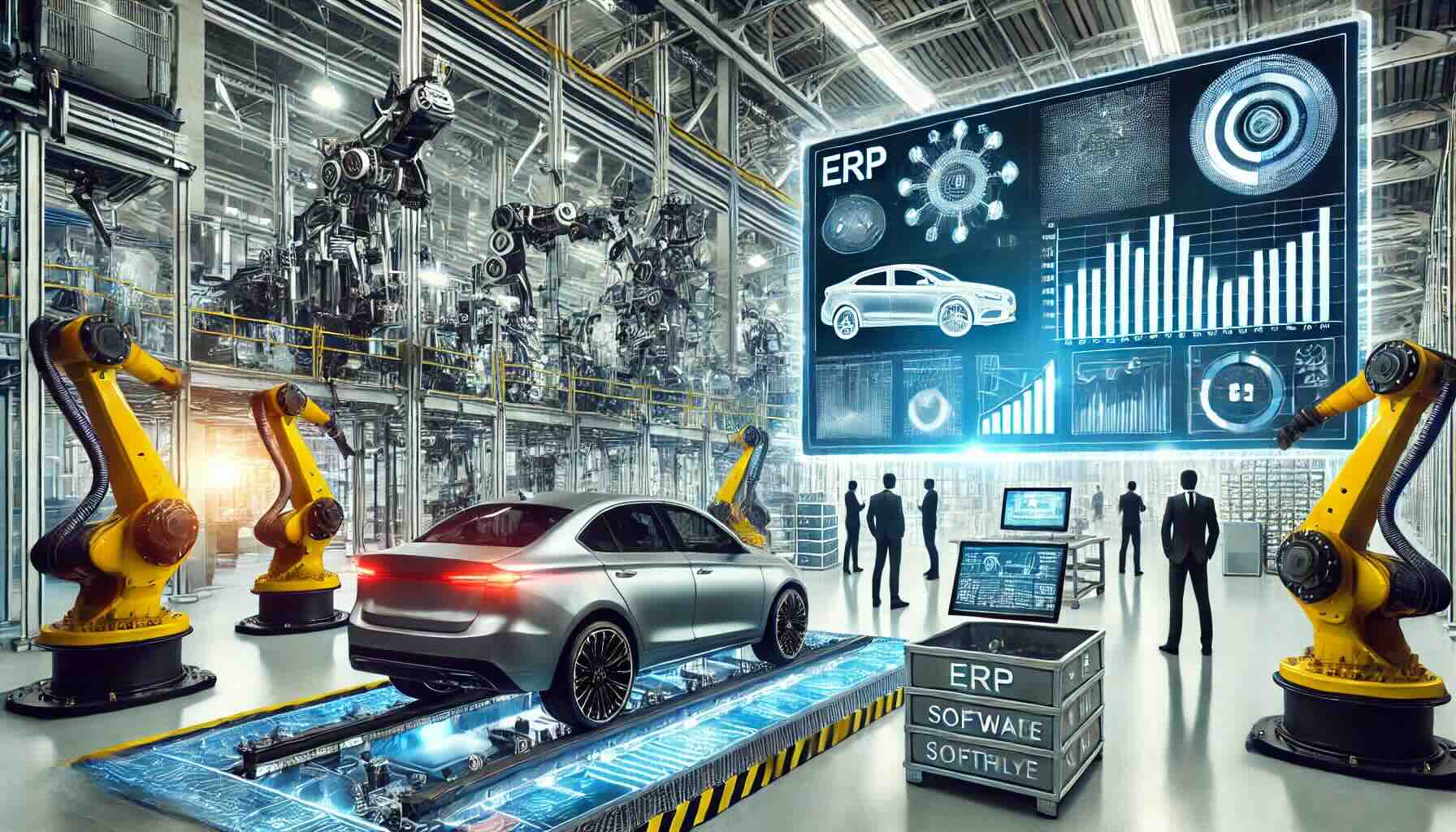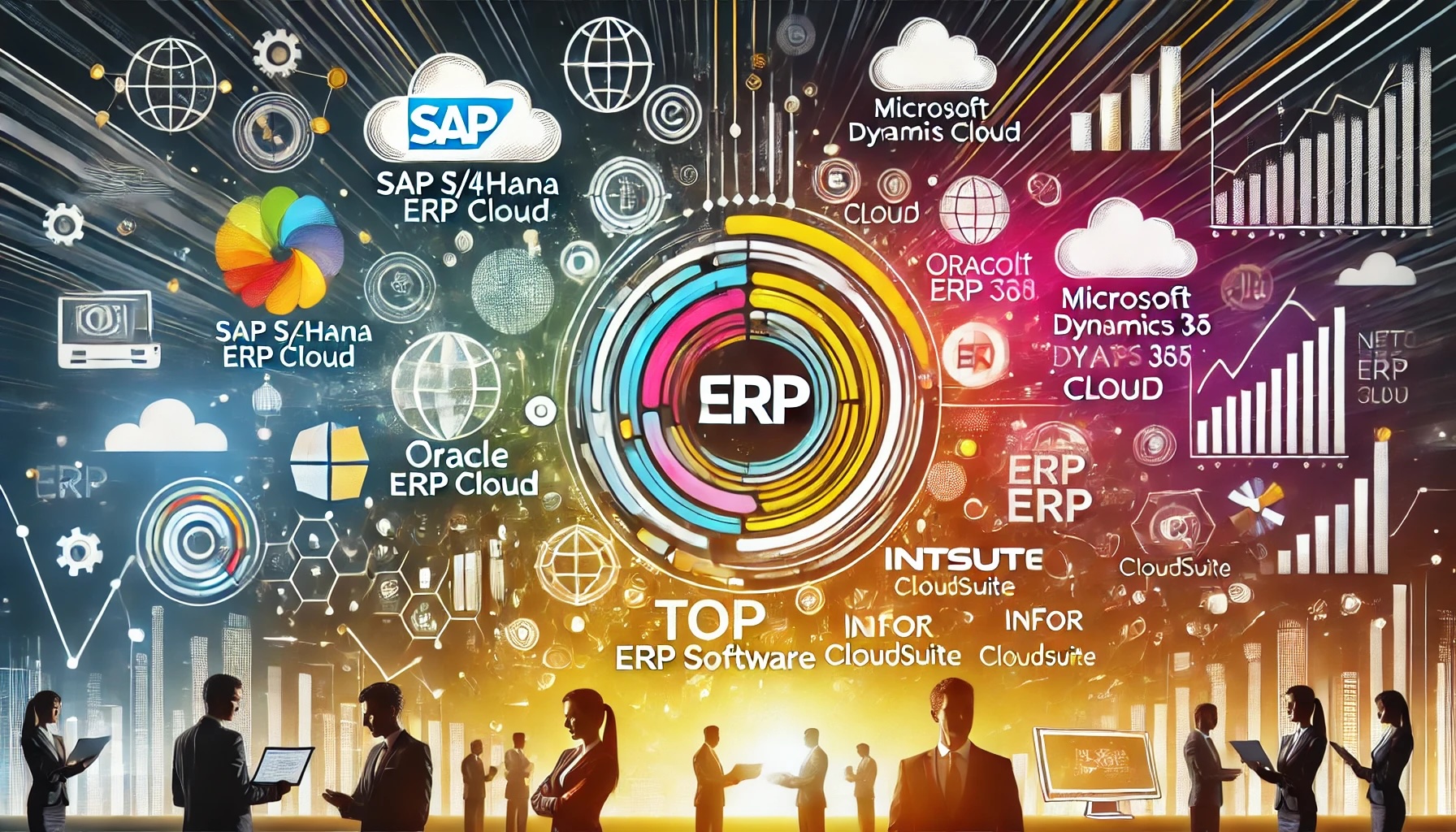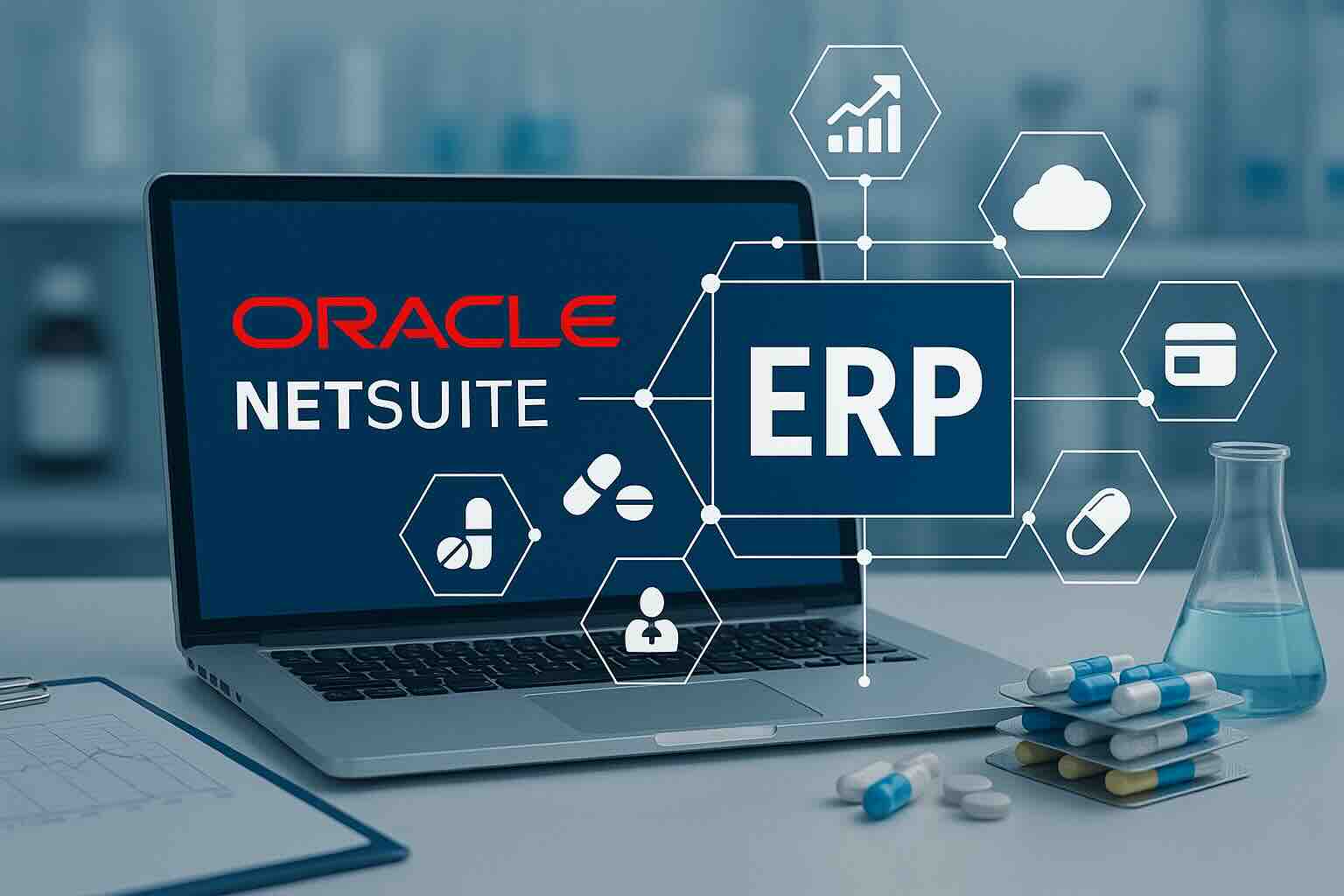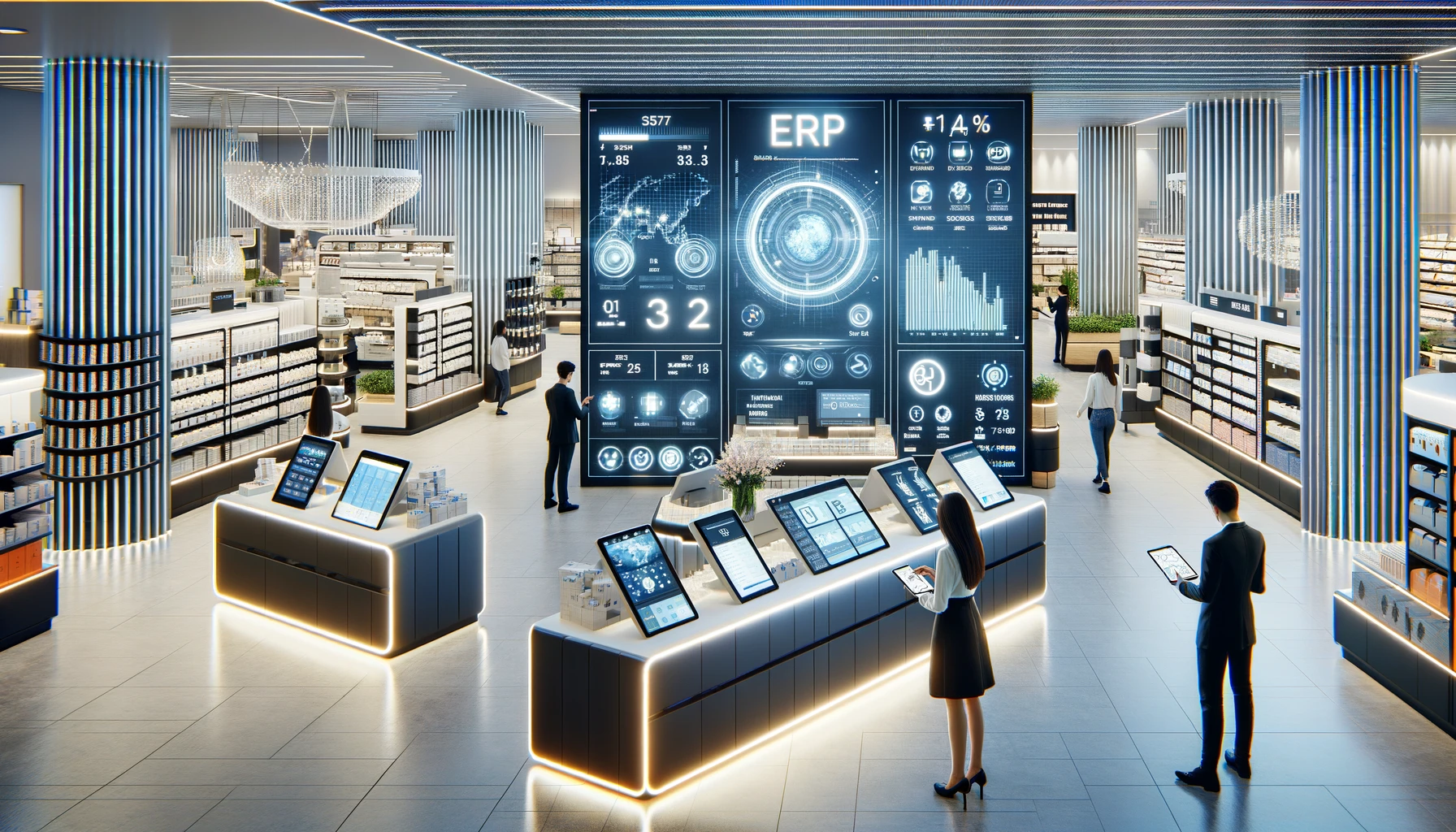Compare the Best ERP for Food Manufacturing Businesses
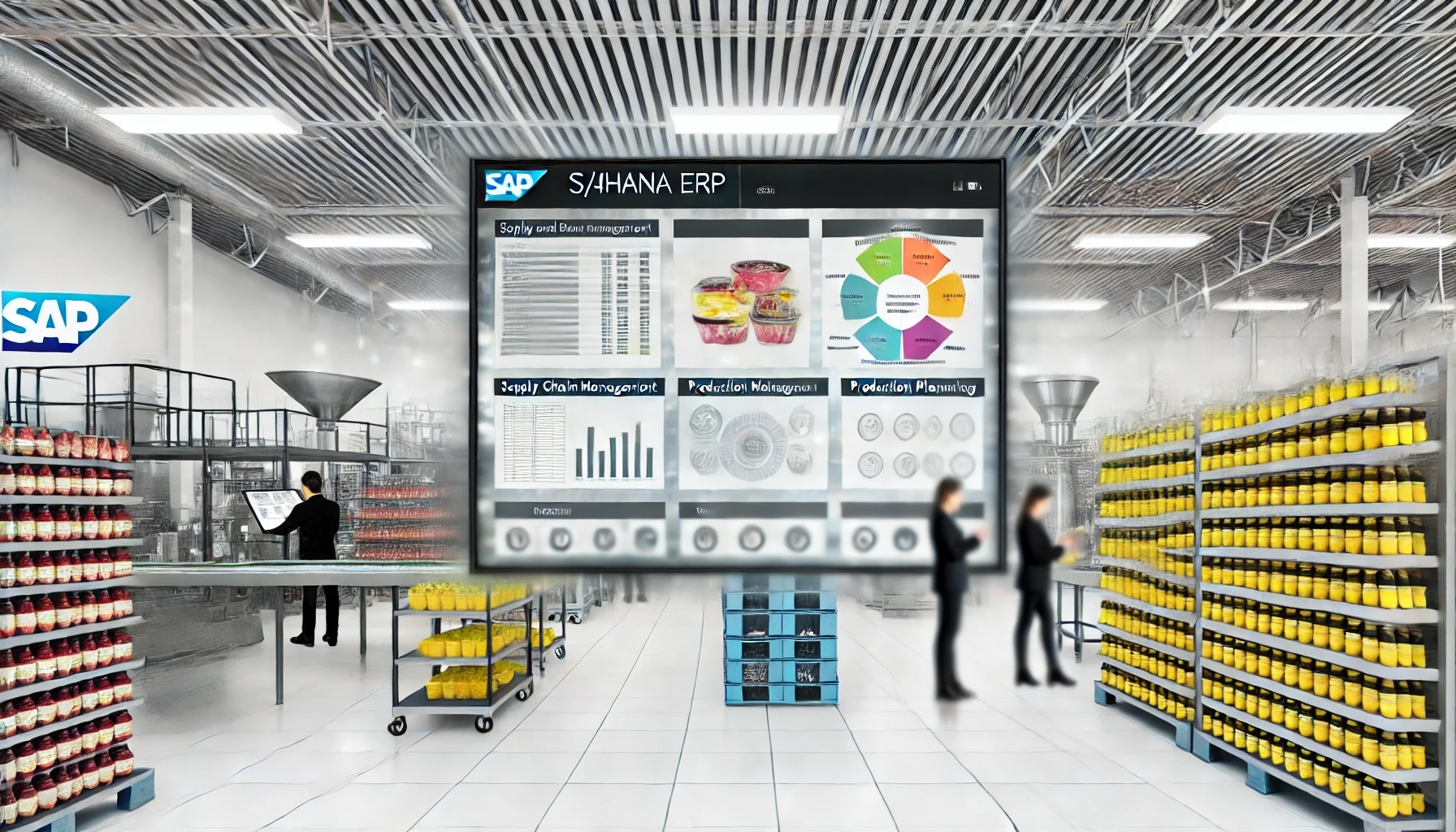
In the competitive and highly regulated food manufacturing industry, efficiency and compliance are paramount. An Enterprise Resource Planning (ERP) system tailored for food manufacturing can streamline operations, improve quality control, and ensure regulatory compliance. In this blog, we will compare the best ERP solutions for food manufacturing businesses, focusing on their features, pros, and cons. By the end, you will have a clearer understanding of which ERP might be the best fit for your business needs.
What to Look for in an ERP for Food Manufacturing
Before diving into the comparisons, it’s essential to understand the key features that make an ERP system suitable for food manufacturing:
- Traceability: Ability to track and trace ingredients and finished products throughout the supply chain.
- Compliance: Features to help comply with food safety regulations and standards (e.g., FDA, HACCP).
- Inventory Management: Efficiently manage raw materials and finished goods inventory.
- Quality Control: Tools to maintain high-quality standards and conduct inspections.
- Production Management: Streamline production planning, scheduling, and execution.
Top ERP Solutions for Food Manufacturing
1. SAP Business One
Overview: SAP Business One is a robust ERP solution tailored for small to mid-sized food manufacturing businesses. It offers comprehensive modules covering financials, inventory, production, and quality control, providing a holistic view of your operations. The system’s advanced traceability features ensure compliance with industry standards, making it an excellent choice for companies that prioritize regulatory adherence. With seamless integration capabilities, SAP Business One can connect with other SAP solutions and third-party applications, enhancing its functionality. However, the high initial investment and complexity of implementation may be challenging for some businesses, requiring thorough training and resources.
Pros:
- Comprehensive Modules
- Scalability
- Advanced Traceability
- Seamless Integration
Cons:
- High Cost
- Complex Implementation
2. Microsoft Dynamics 365
Overview: Microsoft Dynamics 365 stands out for its user-friendly interface and strong integration with other Microsoft products, such as Office 365. This ERP solution offers high customization, allowing businesses to tailor the system to their specific processes and needs. Its cloud-based nature provides flexibility, enabling businesses to choose between on-premises and cloud deployments. Dynamics 365 also excels in analytics, offering robust real-time reporting and insights. However, the cost can be prohibitive, especially for smaller businesses, and customizations can be complex, often requiring professional assistance for optimal configuration.
Pros:
- User-Friendly Interface
- High Customization
- Flexible Deployment
- Strong Analytics
Cons:
- Expensive
- Complex Customizations
3. Infor CloudSuite Food & Beverage
Overview: Infor CloudSuite Food & Beverage is a specialized ERP solution designed specifically for the food and beverage industry. Its cloud-based platform reduces the need for extensive IT infrastructure while providing advanced features tailored to industry requirements. The system’s strong focus on compliance, traceability, and food safety ensures that businesses can meet stringent regulatory standards. Additionally, its advanced supply chain management capabilities help optimize operations from procurement to distribution. While Infor CloudSuite offers a comprehensive solution, it can take longer to implement compared to other ERPs, and new users might face a steeper learning curve.
Pros:
- Industry-Specific Features
- Fully Cloud-Based
- Strong Compliance and Traceability
- Advanced Supply Chain Management
Cons:
- Longer Implementation Time
- Steep Learning Curve
4. Epicor ERP
Overview: Epicor ERP is a versatile and highly customizable solution tailored for manufacturing industries, including food and beverage. Its modern, user-friendly interface makes it easy to navigate, while its flexibility allows businesses to adapt the system to their unique requirements. Epicor offers robust production management and quality control features, ensuring efficient and high-quality operations. Additionally, its competitive pricing makes it an attractive option for small to mid-sized businesses. However, some users have reported challenges with integrating third-party applications, and there have been occasional concerns about customer support responsiveness.
Pros:
- Highly Customizable
- User-Friendly Interface
- Strong Focus on Manufacturing
- Competitive Pricing
Cons:
- Potential Integration Issues
- Customer Support Concerns
5. SYSPRO
Overview: SYSPRO is a flexible ERP solution offering multiple deployment options, including on-premises, cloud, and hybrid models. It is designed with a strong focus on the food manufacturing industry, providing features that address specific industry needs. SYSPRO’s user-friendly interface ensures a smooth user experience, while its cost-effective pricing structure makes it accessible to businesses of various sizes. However, SYSPRO may have limitations in customization compared to other ERPs, and the initial setup and configuration can be complex, requiring careful planning and execution.
Pros:
- Flexible Deployment Options
- User-Friendly Interface
- Industry-Specific Features
- Cost-Effective
Cons:
- Limited Customization
- Complex Initial Setup
Conclusion
Choosing the best ERP for food manufacturing depends on your specific business needs, budget, and future growth plans. SAP Business One and Microsoft Dynamics 365 are excellent for larger businesses with more complex requirements and bigger budgets. Infor CloudSuite Food & Beverage offers industry-specific features ideal for medium to large enterprises. Epicor ERP and SYSPRO are great options for small to mid-sized businesses looking for customizable and user-friendly solutions.
When selecting an ERP, it’s crucial to consider the total cost of ownership, implementation time, and the level of support you’ll need. By carefully evaluating these factors, you can find the best ERP for your food manufacturing business, ensuring improved efficiency, compliance, and growth.
To compare these ERP solutions and many more, you can use our new AI-powered Compare ERP tool. It’s free to use and you get a guaranteed discount on your first year’s licence fees with a referral from Compare ERP.
